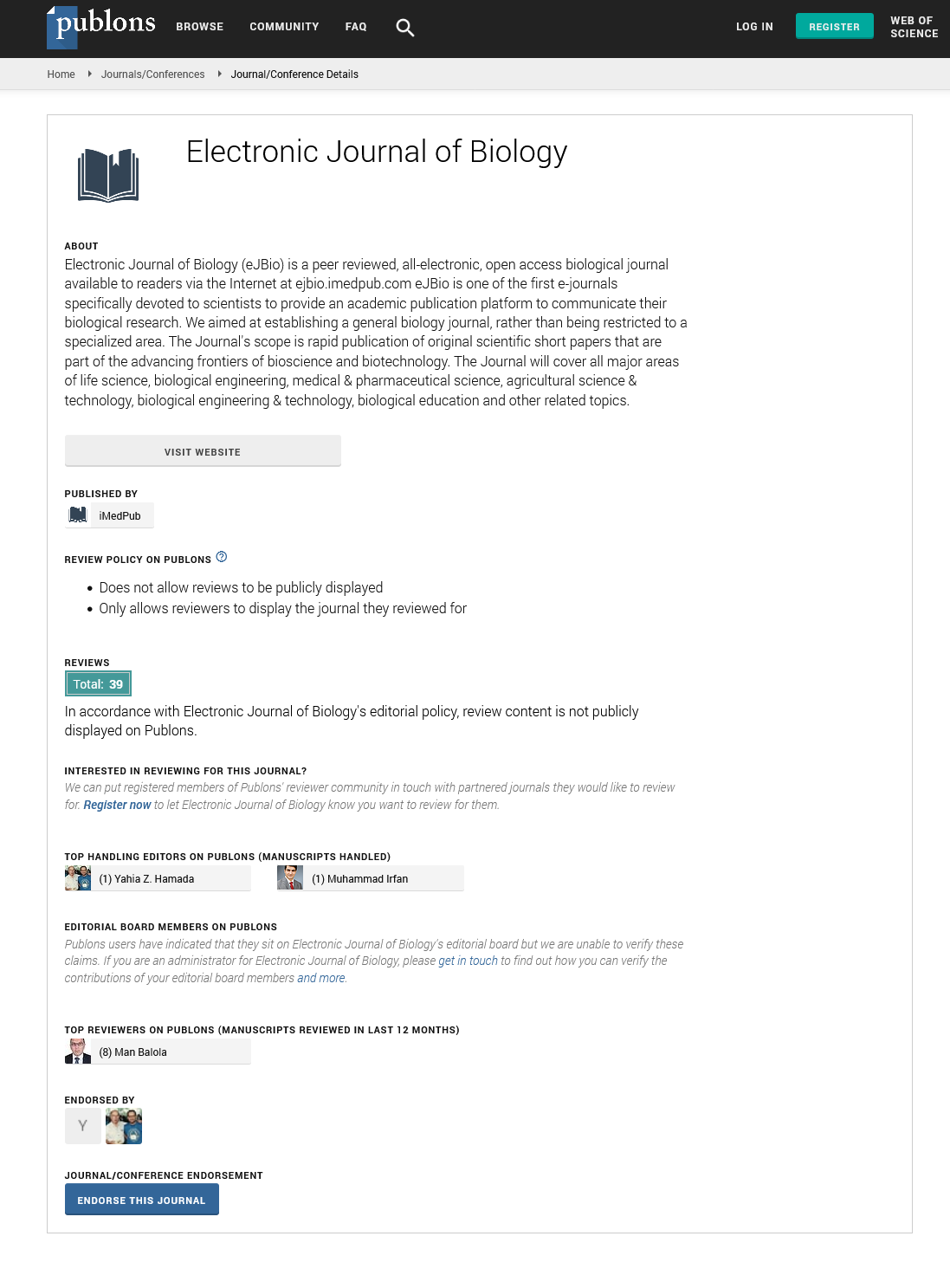Abstract
The Effect of Different Ultradry Methods and Seed Water Content on Viability of Ammopiptanthus mongolicus Seeds
This research aimed to determine whether ultradry storage improves the longevity of Ammopiptanthus mongolicus seeds. Water content of A.mongolicus seeds was dried to 2.24%-4.67% (dry weight) and stored at 25°C for 12 months. Three different drying strategies were used: (1) drying over silica gel at 25°C; (2) in a freeze-drier at -20°C and (3) in an oven at 50°C. After 12 months of storage, the seeds of original water content (10.41%) lost total viability. The ultradry seeds obtained by storage over silica gel, freeze-drying and heating maintained high germination capacity. The results indicate that the three methods can be used safely to ultradry the A.mongolicus seeds. Viability of the ultradry seeds was not affected by the drying temperatures employed in this study. Water content of seed was a key index for storage at ambient temperature and 3.54% seem to be the best water content for ultradry seeds in our research. From these results, we conclude that seed water content less than 5% enhances longevity and ultradry could be an economical way for conservation of the plant genetic resource.
Author(s): Yi Li, Lizhe An
Abstract | Full-Text | PDF
Share this

Google scholar citation report
Citations : 5001
Electronic Journal of Biology received 5001 citations as per google scholar report
Electronic Journal of Biology peer review process verified at publons
Abstracted/Indexed in
- Google Scholar
- China National Knowledge Infrastructure (CNKI)
- CiteFactor
- Electronic Journals Library
- Zoological Records
- WorldCat
- Proquest Summons
- Publons
- MIAR
- Openaccessarticles.com
- Secret Search Engine Labs
Open Access Journals
- Aquaculture & Veterinary Science
- Chemistry & Chemical Sciences
- Clinical Sciences
- Engineering
- General Science
- Genetics & Molecular Biology
- Health Care & Nursing
- Immunology & Microbiology
- Materials Science
- Mathematics & Physics
- Medical Sciences
- Neurology & Psychiatry
- Oncology & Cancer Science
- Pharmaceutical Sciences


